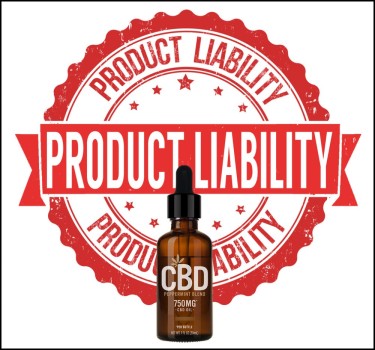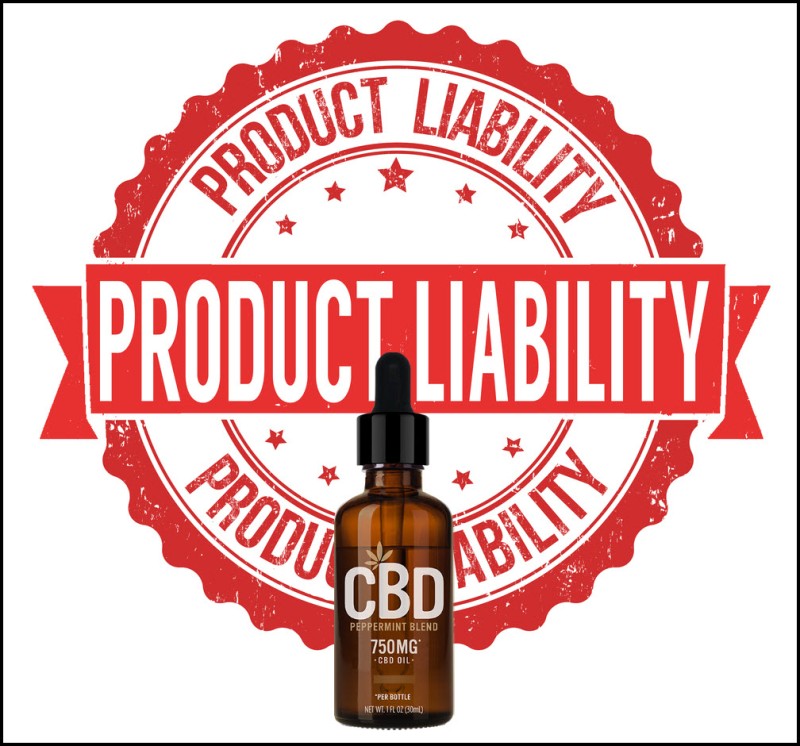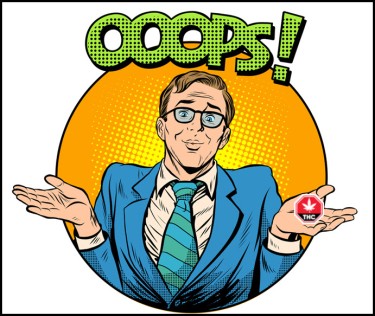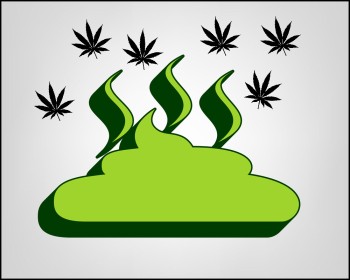CBD/THC Mixups and Recalls - What Can Companies Do Now?

THC and CBD are the two most important cannabinoids in cannabis products from the perspective of the consumer nonetheless they are very different. They act in synergy in what is known as the entourage effect to give rise to better emotions from the consumer yet have different effects individually. This is the major reason why a mixup in the percentage or content of both cannabinoids in a product can be very detrimental. This was the reality that warranted product recalls in Oregon following a mixup in the content of CBD and THC in different cannabis products. Read on as we look closely into this occurrence and why it is very important to the entire cannabis industry.
A closer look into the mixup
Cura, a subsidiary of Curaleaf had its Select brand tincture products recalled by the Oregon Liquor and Cannabis Commission (OLCC) following a mixup in its line of THC and CBD products. The basis of the recall was centered on contrary effects being experienced by consumers following the use of the brand’s products. The first recall was based on reports of consumers having euphoric experiences after using CBD products. A subsequent recall was also made after consumers who used THC products of the brand didn’t experience the expected euphoria and high that comes with quality THC products.
The reality was that the THC tincture of the brand contained Select brand’s CBD formulation. This accounted for the lack of euphoric feeling experienced by the consumers. The same also transpired with the CBD products which contained THC hence giving rise to euphoria in consumers who were probably using the product for medical reasons or relaxation.
Curaleaf was quick to address the issue as they were fast to make a statement to the Oregonian on the matter. They admitted to the mixup and clarified that after preliminary investigations into the matter, the mistake can be attributed to unintentional human error.
Select Tincture 30 milliliter THC Drops (1000mg unflavored) is one of the products implicated in the September 24 recall. The product is mainly sold by licensed OLCC retailers and tests showed the product had no detectable THC in it which contradicts what was on the label. With about 630 units of the product already sold between June 29, 2021, to the time of the recall, the recall by the OLCC was inevitable.
Effects of the mixup
With these products in the market for quite a while before the recall, it is certain that different people would have surely experienced dissatisfaction with these products. However, it took a report to the OLCC by a customer who was dissatisfied with the product he purchased to intimate the inquiry and investigation. Jason Crawforth, a resident of Idaho filed a suit against the company after he got high from a THC tincture labeled CBD.
His reason for purchasing the product was to attend to the pain he had been experiencing following a recent kidney procedure. CBD is known to be effective in dealing with nociceptive and neuropathic pain that can come from such surgical procedures. From his account, he had tremendous results after the use of the first bottle. This can be attributed to the researched role of THC in alleviating pain. However, he got an unexpected euphoric feeling when he used the second bottle which he related to a near-death experience.
He took to suing the company because weeks after that experience, he was still subjected to residual effects of that experience. These similar experiences were identified in 12 other consumers who reported experiencing “paranoia” or a “mental fog” which was not expected from products labeled THC. The suit filed by Mr. Crawforth preempted the recall for which Curaleaf in their report stated that they were grateful the matter was brought to their attention.
Curaleaf and possible sanctions
The first step of correcting this mixup has been taken which is the step of recalling the products already in the market however there is more to do to rewrite the wrongs that have been done already. The next steps are what time will have to tell because it is too early to state whether the company will face sanctions or not. It is worthy of note to state that the company had initially been fined by Oregon for dishonest behavior in the past. The fine amounted to $110,000 after the company was found guilty of falsely stating that a range of vape products contained 100% cannabis.
Such mixups are not common occurrences especially in an industry that is so closely regulated as the cannabis industry. Mark Pettinger, a spokesman for the cannabis program of the OLCC explained that such an occurrence would be hard to point to as a happening in the past. This is because labeling cannabis products is a very important aspect of the production of cannabis products. Precise and accurate labeling is important as the content of the product must be clearly stated likewise the amount of the content must be carefully stated. The purpose of this is to avoid the kind of experiences seen with the CBD and THC mixup in the Cura products.
Time will tell what the fate of Curaleaf is with respect to this particular incident. It is now expected that more cannabis products will heighten their regulatory and validation exercises to ensure that such mistakes are removed completely from their production exercise. It is therefore important to ensure that such occurrences serve as a reminder to all in the industry of the possible implications of such occurrences.
Bottom line
This experience shows why it is important to validate and regulate cannabis products before they are given to the public for consumption. Apart from the legal effects on the company and the dissatisfaction experienced by the consumers, there could be more deleterious effects when consumers that are at odds with the use of THC products consume them unknowingly. Hopefully, such mistakes are no longer recorded in the industry and consumers have access to the actual products they require.






